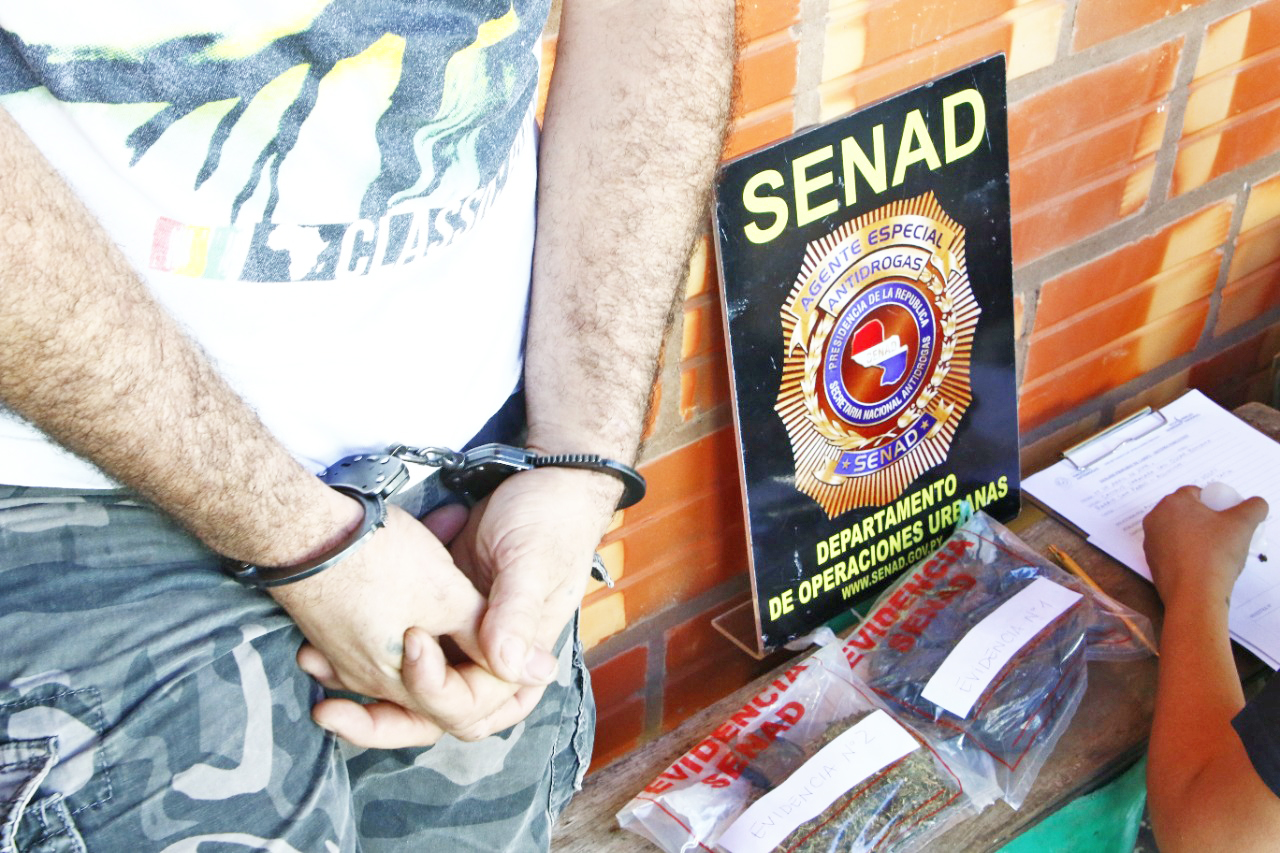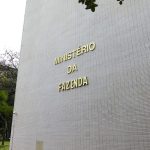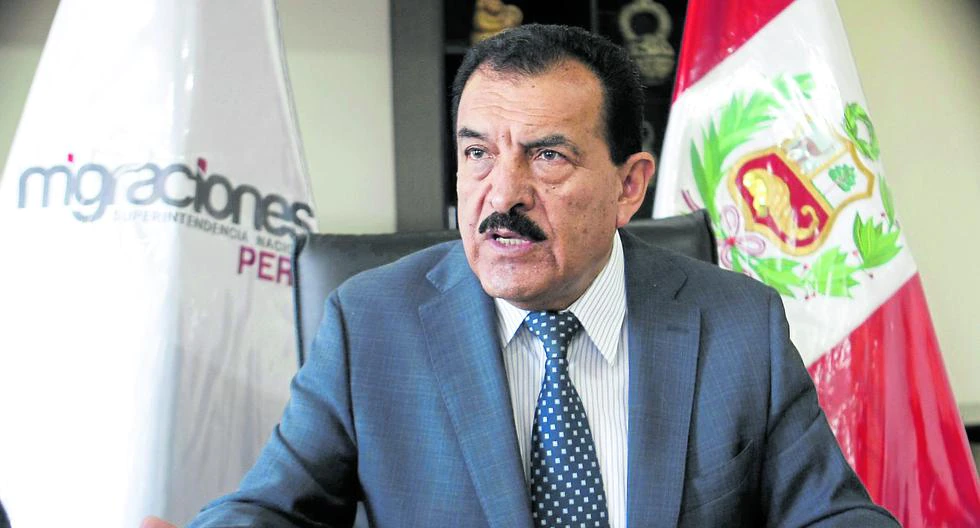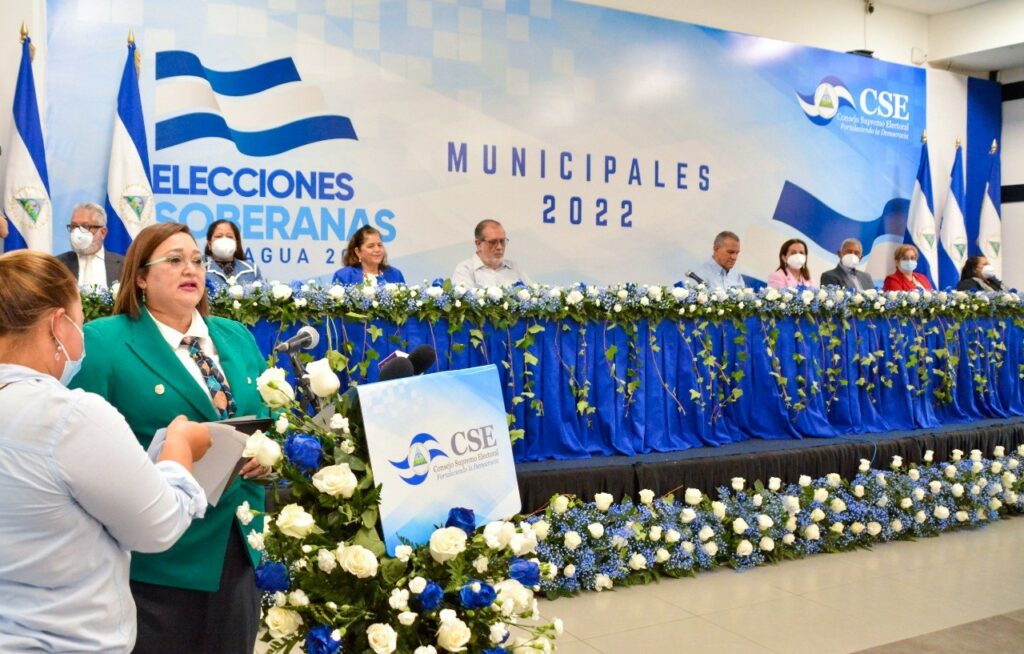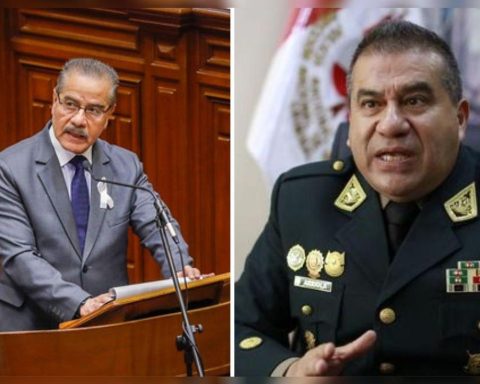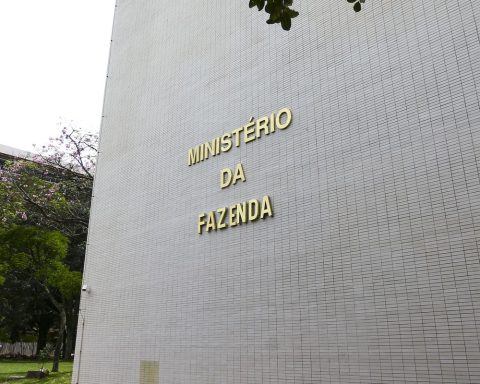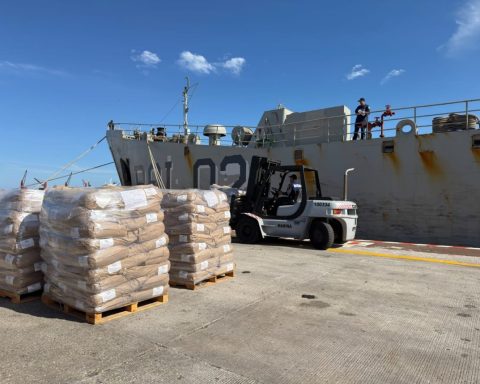More than 25% of the total intelligence reports that reach the regulatory entities on alerts of presumed money laundering are linked to illegal drug sales activities. In the last four years, Seprelad has sent a hundred reports to the Public Ministry.
That money laundering is a systemic problem in Paraguay is not because these acts go unnoticed by regulators, but rather they respond to serious coordination problems between regulators and a very poor level of follow-up of cases by the Public Ministry, which ultimately results in few court rulings.
In the examination that Paraguay gave before the International Financial Action Task Force of Latin America (Gafilat) it is highlighted that the intelligence reports include the identification of natural and legal persons, judicial, labor, corporate history of the final beneficiary, customs and others. “However, the monitoring tools need to be improved in order to better reflect the investigations of the Seprelad Intelligence Unit,” the evaluators noted.
FILTRATIONS
In addition to the problems of disorder that there are to use intelligence reports, lack of coordination and a suspicious lack of follow-up by some regulators and the Public Ministry itself on certain cases related to drug trafficking, money laundering and corruption, the Gafilat report It also highlights the serious problems of leaks of these intelligence documents, which are of a confidential nature.
“The financial intelligence produced also contributes to the working groups established in the investigation of emblematic cases by the Public Ministry. Although this information is received and used by the Prosecutor’s Office, the number of investigations and processes that derive from them do not seem to be proportional to the information received”, they affirmed.
The intelligence units have security protocols, however, there have been several cases of leaks of these financial intelligence reports, which shows gaps in the coordination between the recipient entities and weakens confidence in the system.
PROCESS
Despite all these negative observations, Paraguay managed to save itself from returning to a gray list as a non-cooperative country for money laundering, but it must be remembered that of the 11 points of analysis, only one had a high or substantial result, the rest it was of moderate compliance and in one point, the one linked to the management of the Public Ministry and the Judiciary, the effectiveness rating was low.
The country will continue for a year under the monitoring process by its peers in the region and, after that time, it must present a new report on the progress observed in the series of recommendations that appear in the final report. One reality that should not be overlooked is that, if no action is taken, Gafilat could reverse the passing of the exam.
